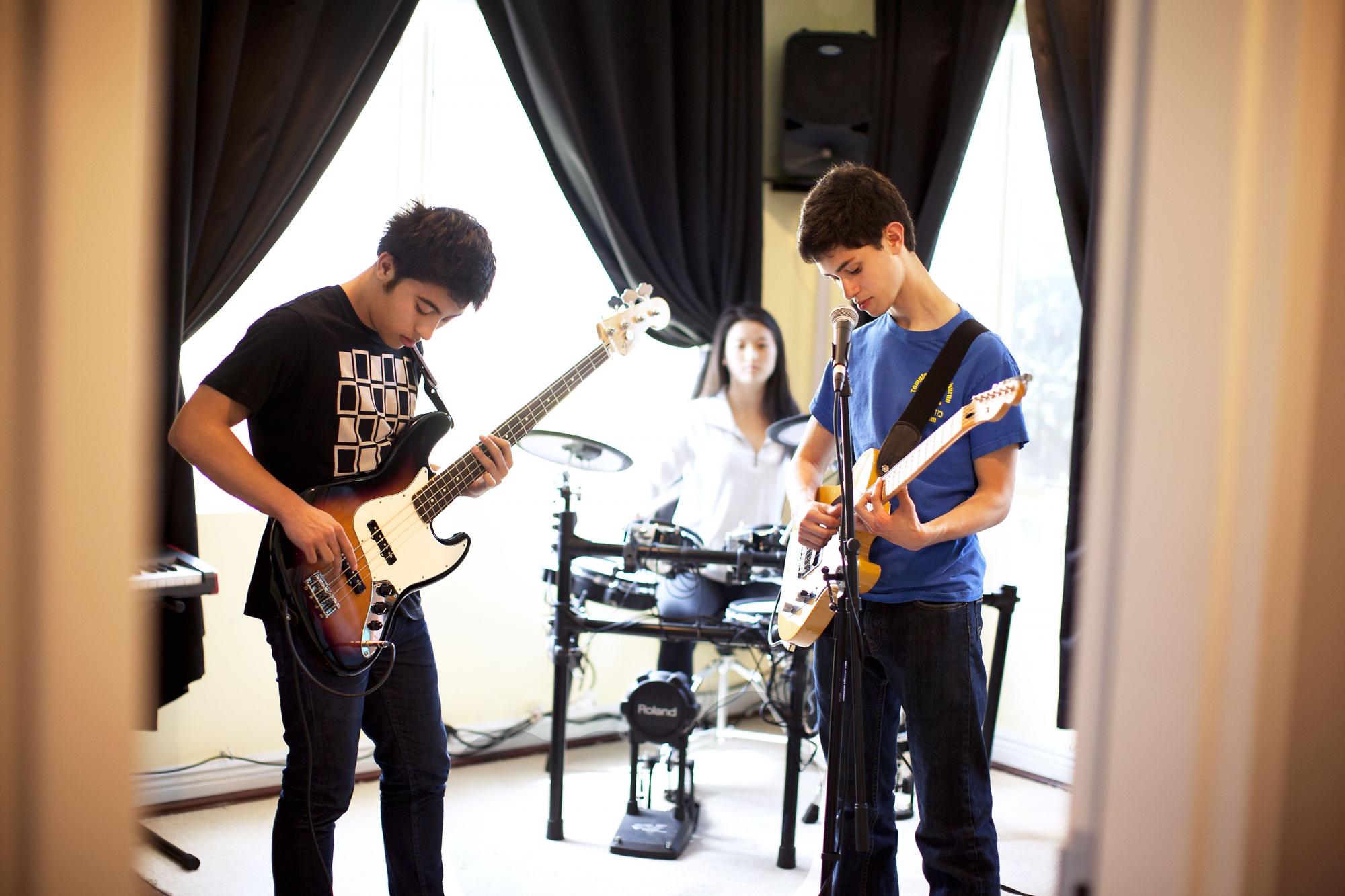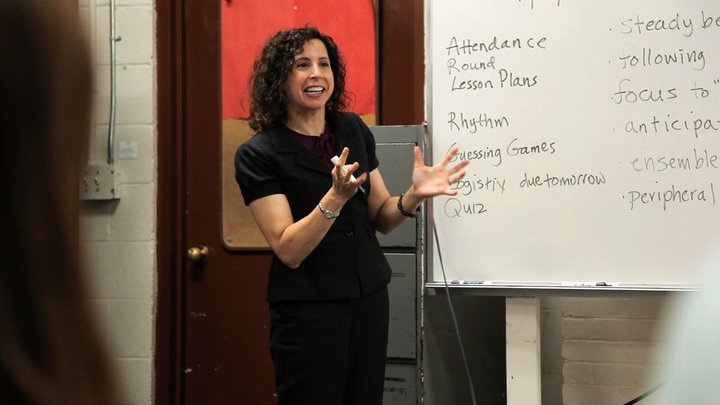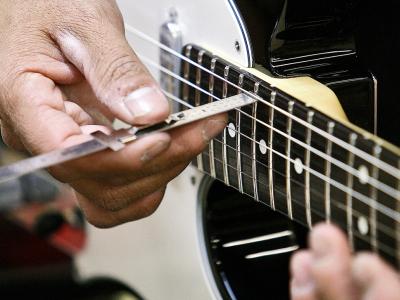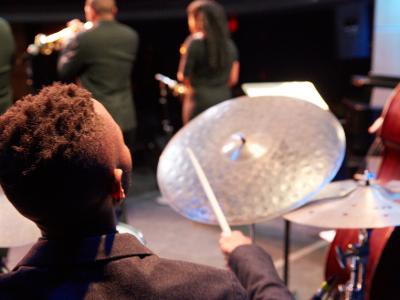The Bachelor of Music in music education prepares students to be the music educators of today and tomorrow. Applying musical content and pedagogical practices that are innovative, contemporary, and relevant, music educators gain the music literary, pedagogical, and technological skills that enable them to excel as educators and to help their students achieve their full musical potential. Students develop skills, concepts, and methodologies in music theory, composition, general musicianship, music history, arranging, orchestrating, improvising, conducting, and music performance. The latter includes a focus on solo performance techniques acquired through private instrumental or vocal study; vocal and instrumental techniques, pedagogy, and literature related to solo and ensemble performance; and the relationship of music to other disciplines of study.
Students also learn to teach. They learn to meet the needs of diverse learners and to incorporate technology into their pedagogical practice. Students come to understand the ways that history and culture shape and influence contemporary music as they apply historical and current pedagogical practices to foster teaching and learning. They also apply contemporary music performance practices, methodologies, modalities of instruction, and repertoire, as well as improve written, oral, and musical communication skills.
Students demonstrate these competencies through a field experience, a student teaching practicum for one semester in a public school environment. In this practicum, students work under the supervision of a cooperating teacher and a college faculty supervisor, and are evaluated against the standards for teaching licensing prescribed by the Massachusetts Department of Elementary and Secondary Education.
Through study and interaction with faculty and supervisors, students develop an aesthetic vision of excellence in teaching; they come to analyze and think critically about teaching and learning, to foster the creative and analytical skills of their own students, to design various evaluative procedures, and use the results of these procedures to assess the effectiveness of their own instruction and of student learning.
The field of music education is a constantly developing one. Students gain knowledge and skills needed to adapt readily to changes in the field due to discoveries of ongoing research in learning as well as social, economic, and cultural changes. Through this program of study, students grow not only as music educators but also as leaders and as thinkers.




